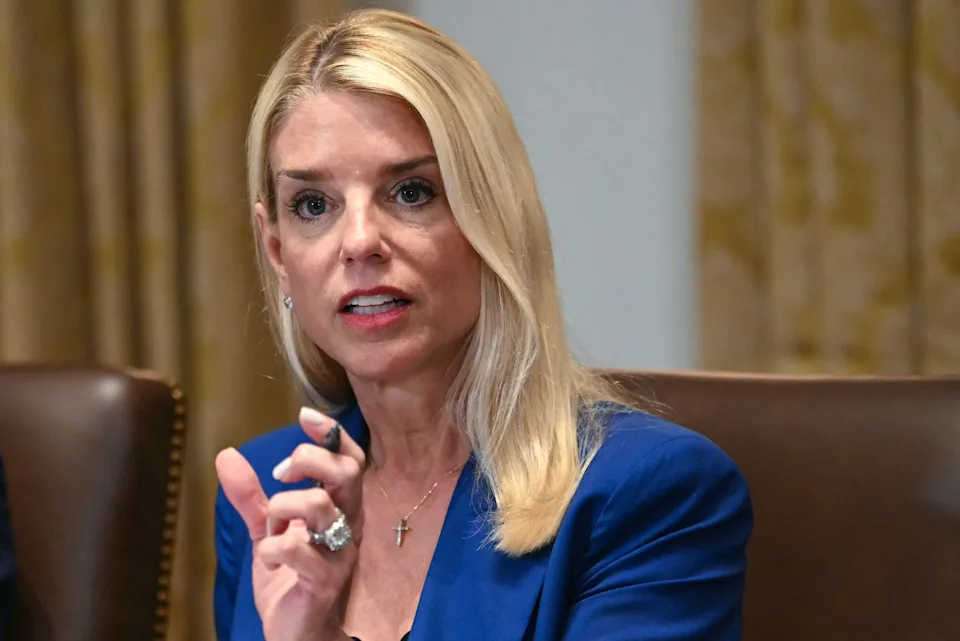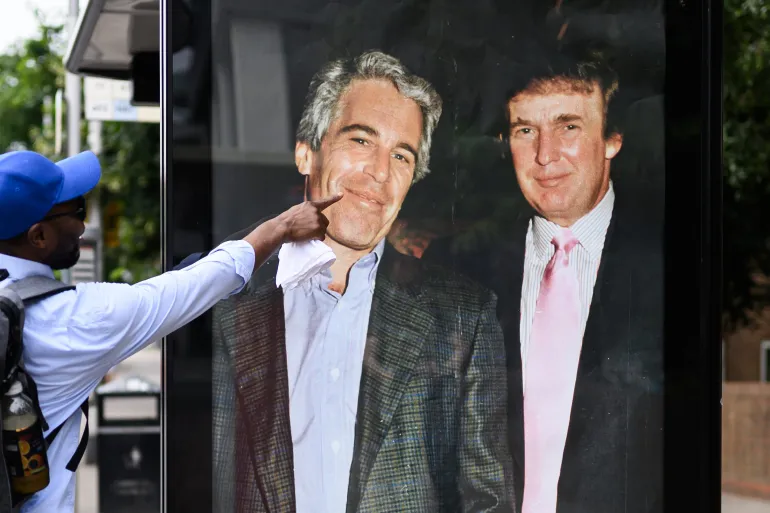The connection between Pam Bondi and the Jeffrey Epstein case has raised many questions over the years. As the Attorney General of Florida from 2011 to 2019, could Bondi have taken legal action against Epstein during her time in office? The answer is layered, tied to legal limitations, prior deals, and the complex structure of criminal jurisdiction. In this article, we break down the timeline, the role of the Attorney General, and whether Pam Bondi had the authority—or the opportunity—to prosecute one of the most controversial figures of the last two decades.
Understanding the Focus: Pam Bondi and the Jeffrey Epstein Case
To fully understand this issue, we need to explore a few critical areas:
- What exactly happened in the Epstein case before Bondi took office?
- What power does a state Attorney General actually have?
- Was there anything Pam Bondi could have done that wasn’t already done?
Let’s begin with a brief history of the case.
The Epstein Scandal: A Brief Timeline
2005: The Palm Beach Police Department began investigating Jeffrey Epstein after reports surfaced that he was sexually abusing underage girls. The investigation led to serious allegations involving dozens of victims.
2006: Palm Beach police referred the case to the FBI after feeling the state prosecutors were being too lenient. Federal prosecutors took over and prepared a lengthy indictment.
2008: In a controversial move, Epstein signed a non-prosecution agreement (NPA) with federal prosecutors, most notably brokered by then-U.S. Attorney Alexander Acosta. He pleaded guilty to two state prostitution charges (one involving a minor) and served just 13 months in a work-release program.
2011: Pam Bondi became Florida’s Attorney General. By this time, Epstein had already completed his sentence and was a registered sex offender.
What Authority Did Pam Bondi Have as Attorney General?

The role of the Florida Attorney General is primarily civil, not criminal. Criminal prosecution at the state level usually falls under State Attorneys, who are elected officials responsible for prosecuting crimes in specific judicial circuits.
Bondi, as Attorney General, could get involved in criminal matters in special situations—like when a State Attorney recuses themselves or requests assistance. But unless that happens, the AG’s office doesn’t directly control criminal prosecutions.
So, could Pam Bondi have stepped in and reopened the case? Not unless new evidence came forward or she had a valid legal reason to challenge the plea deal. And even then, jurisdictional hurdles would have made it difficult.
Why the 2008 Plea Deal Tied Everyone’s Hands
The biggest barrier Pam Bondi may have faced was the 2008 non-prosecution agreement (NPA). It essentially stopped federal prosecution in exchange for Epstein pleading guilty to lesser charges in state court.
This deal was heavily criticized for being too lenient and for not informing the victims, which was a violation of the Crime Victims’ Rights Act. However, it was still a legally binding agreement at the time. Unless a court overturned it, state and federal authorities were stuck.
Bondi herself later called the plea deal “horrific,” but claimed that by the time she took office, her hands were tied.
Could Bondi Have Done More Publicly or Politically?
While Bondi may not have had the legal ability to prosecute Epstein, she could have used her platform as Attorney General to:
- Push for a re-examination of the case.
- Urge federal prosecutors to challenge the NPA.
- Advocate for victims’ rights at the state level.
- Call for legislation to improve sex offender laws.
There is little evidence that Bondi aggressively pushed for any of these measures while in office. Critics argue that even if she couldn’t prosecute Epstein directly, she could have applied public and political pressure.
Public Backlash and Political Fallout
Bondi faced public scrutiny for her inaction, especially as the Epstein case returned to national headlines in 2018 and 2019. When Epstein was arrested again in 2019 on federal sex trafficking charges, many asked why it took so long and why earlier officials—Bondi included—didn’t do more.
Her defenders say that by 2011, Bondi was handed a case that had already been “resolved” in the eyes of the law. Critics argue that the NPA was flawed from the start and should have been challenged earlier, regardless of how complicated it was.
What Changed After Bondi Left Office?
In 2019, the Miami Herald’s investigative reporting (especially by journalist Julie K. Brown) brought national attention back to the Epstein case. It triggered public outrage and forced federal authorities to act.

In July 2019, Epstein was arrested again on federal charges of sex trafficking minors in Florida and New York. This time, the plea deal didn’t protect him. He was awaiting trial when he died in jail in August 2019.
Pam Bondi had already left office by then, replaced by Ashley Moody, Florida’s current Attorney General.
Legal Experts Weigh In
Many legal scholars agree that Bondi had limited authority to prosecute Epstein directly. According to Rachel Self, a Boston-based attorney:
“The NPA was a serious obstacle. Even a new Attorney General would have had to fight uphill battles in court, and without new charges or cooperating victims, it would be hard to move forward.”
Others believe that Bondi, given her high-profile position, should have shown more leadership and moral courage:
“When justice is denied, a public official still has a duty to speak up and act,” said Judge Karen Gievers, a retired Florida circuit judge.
Political Donations and Allegations of Conflict
Another layer of controversy came from Epstein’s donations to political campaigns, including those in Florida. While no direct connection has been proven between Epstein and Bondi, political observers note that the wealthy financier donated strategically to influence outcomes.
Bondi has denied receiving any money from Epstein and has consistently said she had no relationship with him.
Still, the climate of political influence around Epstein’s legal cases raises questions about how justice was served—or delayed.
What Victims Say About Bondi’s Involvement
Many of Epstein’s victims have spoken out about the failures of the justice system. Few mention Bondi by name, but the lack of aggressive follow-up by state authorities has been a consistent theme.
Courtney Wild, one of the victims who fought to overturn the 2008 plea deal, said in an interview:
“We felt like we were invisible. No one fought for us. Not the prosecutors, not the judges, not the politicians.”
Pam Bondi’s silence on the matter until after she left office has left many wondering whether more transparency and advocacy could have helped.
Could Things Have Been Different?
In retrospect, it’s easy to wonder what might have happened if Bondi had challenged the plea deal, called for investigations, or made victim advocacy a top priority. Legally, her power may have been limited—but public officials can do more than just follow legal checklists.
They can raise their voices.
They can demand accountability.
They can lead even when the law appears to be at a standstill.
Bondi’s choice not to lead more visibly on the Epstein issue has now become part of her legacy.
Final Thoughts: What This Means for Future Cases
The Pam Bondi Jeffrey Epstein case isn’t just about one attorney general or one criminal. It highlights a broader issue in the justice system: how wealth, influence, and legal loopholes can sometimes override accountability.
Future attorneys general—and the public—must learn from this episode. Victims of abuse deserve better. And justice should never be postponed due to bureaucracy or politics.
Whether or not Pam Bondi could have legally prosecuted Epstein, she certainly had the platform and moral duty to try.
Read Next – Federal AI Regulation: Republicans Propose Blocking State Laws for 10 Years






